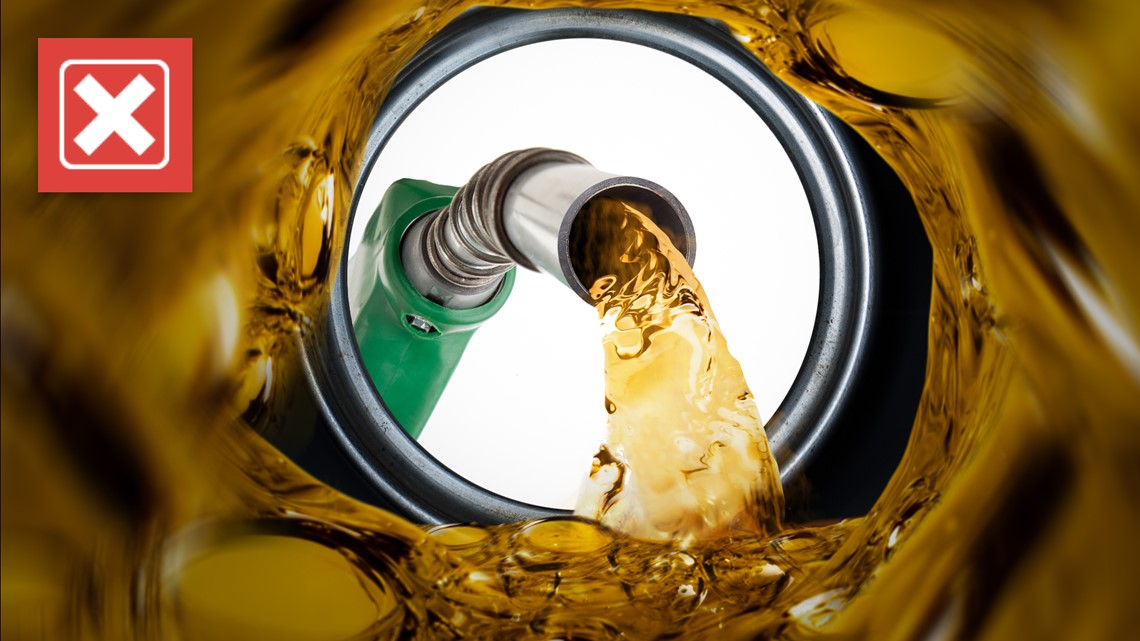The oil companies in the Top Tier program has lost a number of participants.
 toptiergas.com
toptiergas.com
Notably, BP and Amoco are no longer listed in the program. Are they having supply chain issues obtaining the ingredients?
TOP TIER™ Gasoline Brands
 toptiergas.com
toptiergas.com
Notably, BP and Amoco are no longer listed in the program. Are they having supply chain issues obtaining the ingredients?






